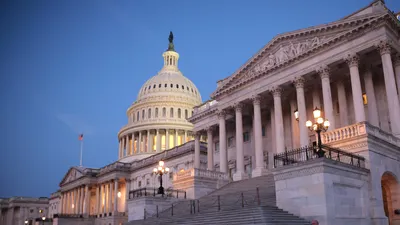Bipartisan Bill Reforming PBMs, Extending Telehealth Flexibility and Funding Healthcare Services

Lawmakers have recently introduced a bipartisan agreement to fund the government, which includes crucial healthcare reform provisions[1][2]. This includes a two-year extension on Medicare's telehealth flexibilities, maintaining advancements made during the COVID-19 pandemic to promote broader access to virtual healthcare[1]. Central to the legislative package is significant reform to pharmacy benefit managers (PBMs), mandating they pass 100% of rebates back to Medicare and group health plans and increase transparency through detailed reporting of prescription drug spending[2].
By prioritizing transparency and access, the reform aims to potentially lower drug costs, although the direct impact on patient expenses remains to be clearly seen[1]. Additionally, the legislation averts Medicaid payment cuts, sustains Medicare services in rural areas, and boosts funding for community health centers[2].
References
Explore Further
What steps are being taken to ensure the transparency measures in PBM reforms are effectively monitored and enforced?
How might the extension of telehealth flexibility impact rural healthcare services specifically over the next two years?
What alternative solutions are advocacy groups proposing for the perceived inadequacies in Medicare reimbursement solutions outlined in the bill?
In what ways can the increased funding for community health centers improve healthcare accessibility in underserved areas?
What has been the response from pharmaceutical companies regarding the new transparency requirements and rebate policies for PBMs?